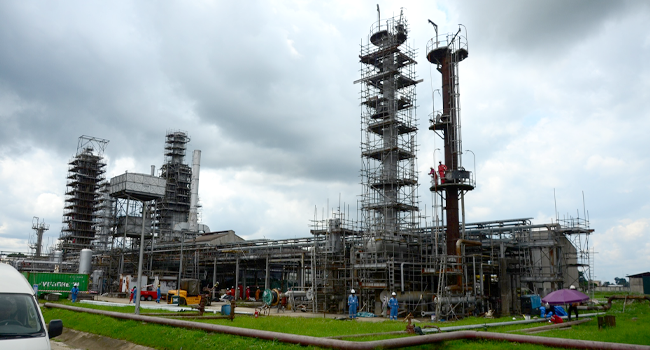Nigeria’s oil and gas industry is on the verge of attracting over $10 billion in new investments driven by business development, policy reforms and infrastructure development, spurring economic growth.
Professor Bongo Adi, Professor of Economics at the Lagos Business School, shared the outlook for the economy in his Oil and Gas Performance and Outlook titled “Oil Markets and Profits: Crude Oil Supply and Pricing Issues and High Oil Prices”. Energy costs – Several key measures and issues were outlined in the recent discussions.
Adi said the most significant development was the acquisition of 583 oil wells by Seplat Energy through Mobil Production Nigeria Unlimited (MPNU), which is expected to increase oil production and expand petroleum products.
In turn, Renaissance Energy recently acquired over 1,000 wells from Shell Petroleum Development Company (SPDC), a move that will increase capacity and ease food shortages affecting Nigeria’s liquefied natural gas (LNG) industry, while current capacity is only 40%.
- Advertisement -
Energy has been boosted by the final investment decision (FID) taken on a major offshore ocean project by Shell Nigeria Exploration and Production Company, SNEPCo, and its partners. The project, which is expected to become operational in 2029, is expected to contribute significantly to Nigeria’s oil resources and support the country’s transition to a gas-based economy.
The government also approved a financial mechanism to encourage investment in Nigeria’s deepwater and oil industry. The framework, which is awaiting approval from Congress, aims to unlock the country’s vast offshore wind energy potential, 67 per cent of whose capacity is currently untapped.
The framework aims to create an enabling environment for business and faster economic growth by providing tax breaks for offshore development projects to commence construction by 2029 and incentives for greenfield projects in onshore and shallow waters.
Despite these commitments, Adhi noted that the sector still faces many challenges. The ongoing insecurity in the oil-producing region has led to a decline in oil exports, especially from the Bonny terminal.
He said this was one of the main reasons international oil companies pulled out of Nigeria.
- Advertisement -
Also, infrastructural deficiencies, such as joint ventures building multiple pipelines on the same domestic route, are hampering domestic production.
Experts believe that reforms should focus on removing NNPCL from government bureaucracy and draw inspiration from the successful NLNG model.










